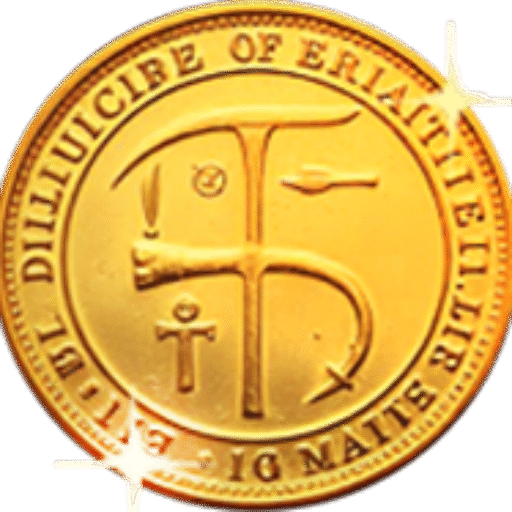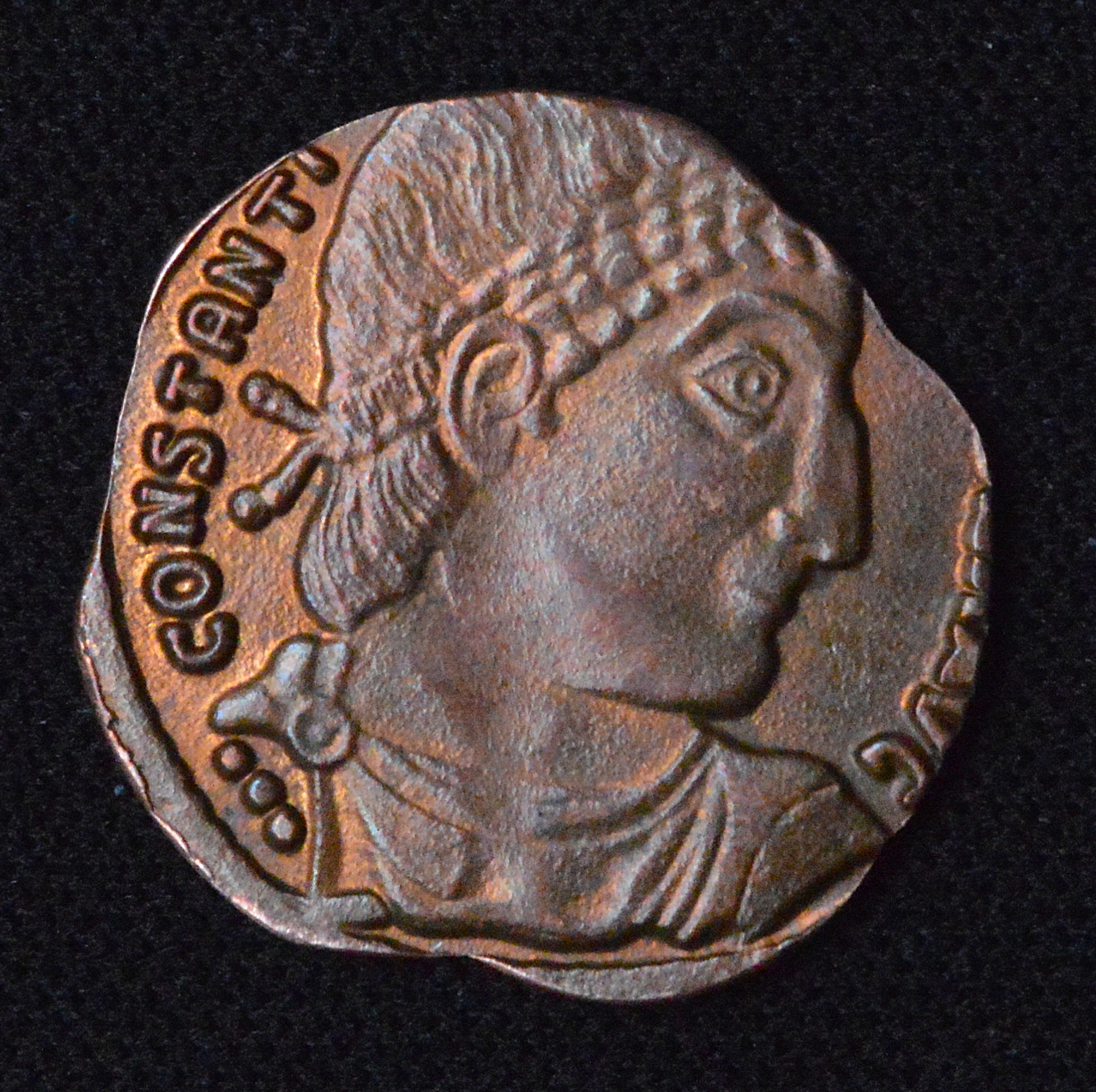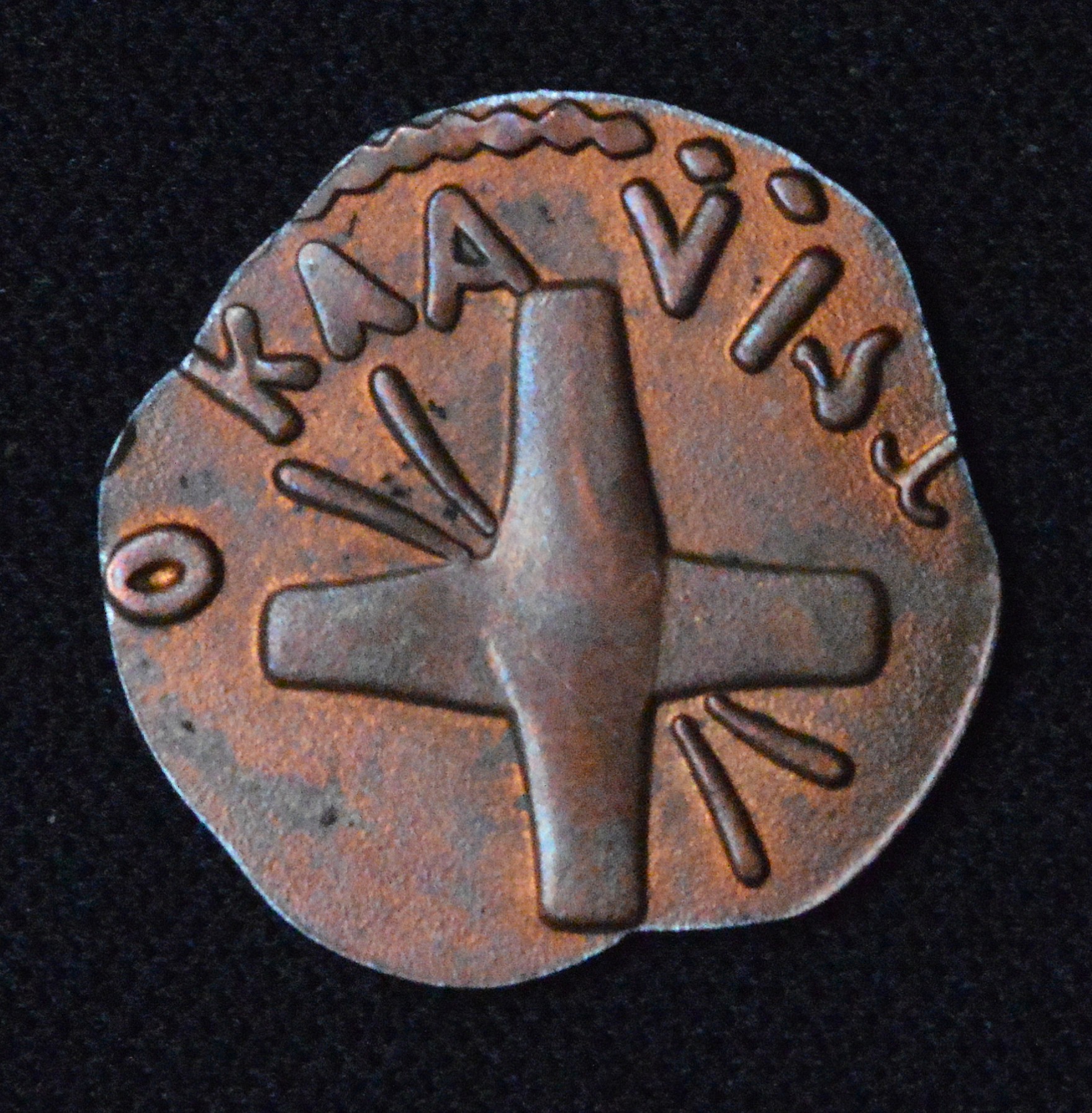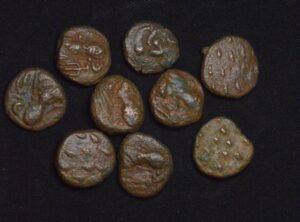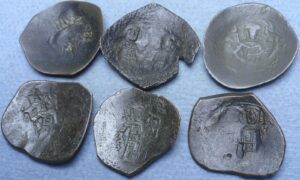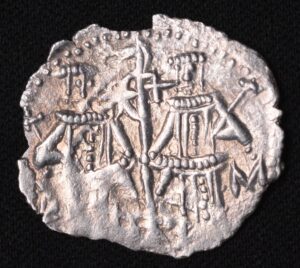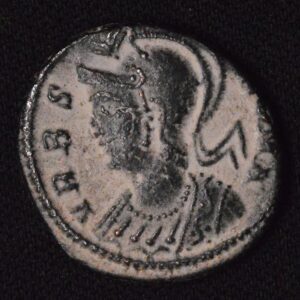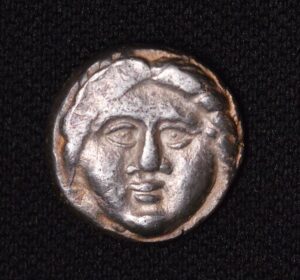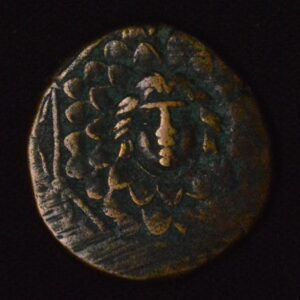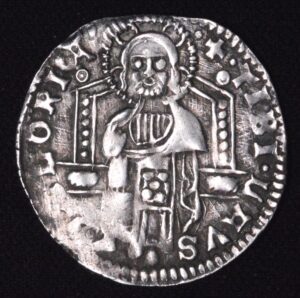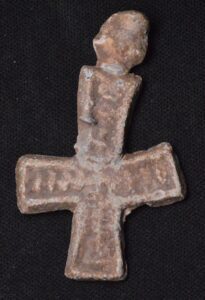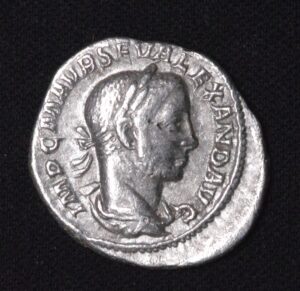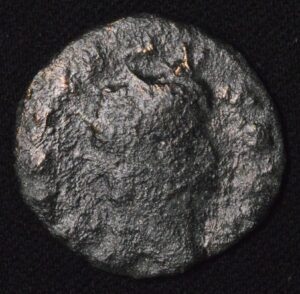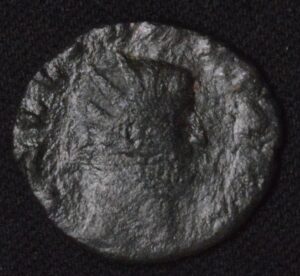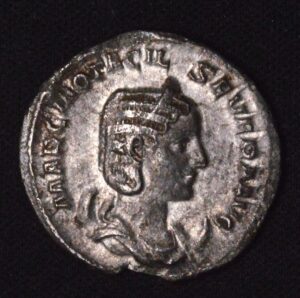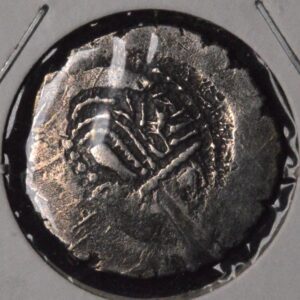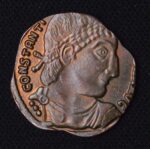
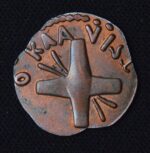
Description
The Constantine copper coins are a fascinating and historically significant category of Roman coinage from the reign of Emperor Constantine the Great (ruled 306–337 AD). These bronze coins often feature the laureate head of Constantine on the obverse side, symbolizing his power and authority as the first Roman emperor to embrace Christianity. The reverse designs vary widely but frequently include Christian symbols, such as the Christogram (☧) on a military standard, Victory figures, or commemorations of military victories and imperial achievements.
One particularly unique type shows Constantine’s standard piercing a serpent, representing his rivals’ defeat, and prominently displays the Christogram, marking a groundbreaking moment when Christianity began being openly represented on Roman coinage. This development reflected Constantine’s historic role in promoting Christianity and transforming the Roman Empire culturally and spiritually. These coins were minted in multiple cities, including Constantinople, and were typically small bronze denominations, such as the nummus.
The artistry and symbolism on Constantine copper coins make them highly prized by collectors, as they capture a pivotal era when the Roman Empire was shifting from paganism to Christianity. The coins often exhibit strong relief and intricate detail, even after many centuries, showcasing the skill of Roman engravers and the importance of propaganda in imperial coinage.
Collectors value these coins both for their historical importance and their aesthetic qualities. Many Constantine copper coins are rare survivors that tell stories of political change, religious transformation, and imperial authority. They serve as tangible artifacts from a time that shaped Western civilization, making them a remarkable addition to any ancient coin collection.
Overall, Constantine copper coins stand out for their unique iconography and connection to one of Rome’s most influential emperors. Their combination of historical significance and visual appeal makes them must-have pieces for numismatists interested in Roman history and the early Christian era.
The Constantine copper coins are a fascinating and historically significant category of Roman coinage from the reign of Emperor Constantine the Great (ruled 306–337 AD). These bronze coins often feature the laureate head of Constantine on the obverse side, symbolizing his power and authority as the first Roman emperor to embrace Christianity. The reverse designs vary widely but frequently include Christian symbols, such as the Christogram (☧) on a military standard, Victory figures, or commemorations of military victories and imperial achievements.
One particularly unique type shows Constantine’s standard piercing a serpent, representing his rivals’ defeat, and prominently displays the Christogram, marking a groundbreaking moment when Christianity began being openly represented on Roman coinage. This development reflected Constantine’s historic role in promoting Christianity and transforming the Roman Empire culturally and spiritually. These coins were minted in multiple cities, including Constantinople, and were typically small bronze denominations, such as the nummus.
The artistry and symbolism on Constantine copper coins make them highly prized by collectors, as they capture a pivotal era when the Roman Empire was shifting from paganism to Christianity. The coins often exhibit strong relief and intricate detail, even after many centuries, showcasing the skill of Roman engravers and the importance of propaganda in imperial coinage.
Collectors value these coins both for their historical importance and their aesthetic qualities. Many Constantine copper coins are rare survivors that tell stories of political change, religious transformation, and imperial authority. They serve as tangible artifacts from a time that shaped Western civilization, making them a remarkable addition to any ancient coin collection.
Overall, Constantine copper coins stand out for their unique iconography and connection to one of Rome’s most influential emperors. Their combination of historical significance and visual appeal makes them must-have pieces for numismatists interested in Roman history and the early Christian era.
The Constantine copper coins are a fascinating and historically significant category of Roman coinage from the reign of Emperor Constantine the Great (ruled 306–337 AD). These bronze coins often feature the laureate head of Constantine on the obverse side, symbolizing his power and authority as the first Roman emperor to embrace Christianity. The reverse designs vary widely but frequently include Christian symbols, such as the Christogram (☧) on a military standard, Victory figures, or commemorations of military victories and imperial achievements.
One particularly unique type shows Constantine’s standard piercing a serpent, representing his rivals’ defeat, and prominently displays the Christogram, marking a groundbreaking moment when Christianity began being openly represented on Roman coinage. This development reflected Constantine’s historic role in promoting Christianity and transforming the Roman Empire culturally and spiritually. These coins were minted in multiple cities, including Constantinople, and were typically small bronze denominations, such as the nummus.
The artistry and symbolism on Constantine copper coins make them highly prized by collectors, as they capture a pivotal era when the Roman Empire was shifting from paganism to Christianity. The coins often exhibit strong relief and intricate detail, even after many centuries, showcasing the skill of Roman engravers and the importance of propaganda in imperial coinage.
Collectors value these coins both for their historical importance and their aesthetic qualities. Many Constantine copper coins are rare survivors that tell stories of political change, religious transformation, and imperial authority. They serve as tangible artifacts from a time that shaped Western civilization, making them a remarkable addition to any ancient coin collection.
Overall, Constantine copper coins stand out for their unique iconography and connection to one of Rome’s most influential emperors. Their combination of historical significance and visual appeal makes them must-have pieces for numismatists interested in Roman history and the early Christian era.
CUSTOMER FEEDBACK








Related Products & Newly Released!
-
$30.00
-
$300.00
-
$110.00
-
$69.00




SHIPPING POLICY
Your order is shipped from the United States with USPS tracking within one business day.
14 Day Return Policy
You can return your item back within
14 days of the purchase

Secure payments
Your payments are 100% secure and are processed through Square or PayPal on a protected security network.
SHIPPING POLICY
FREE International and Domestic (United States) shipping. Your order is shipped with USPS tracking 24 hours after you order.
14 Day Return Policy
You can return your item back within
14 days of the purchase

Secure payments
Your payments are 100% secure and are processed through Square or PayPal on a protected security network.
RESOURCES
support
Get Fresh Articles!
Sign up now to receive our articles for the latest insights and promotions!
RESOURCES
support
Get Fresh Articles!
Signup our newsletter to get update insight or promotions.

